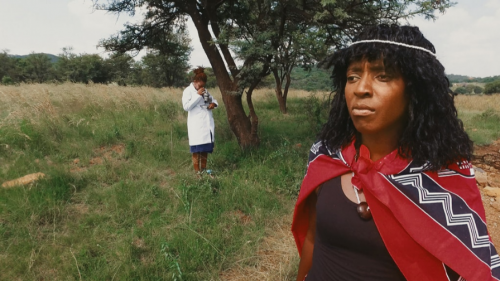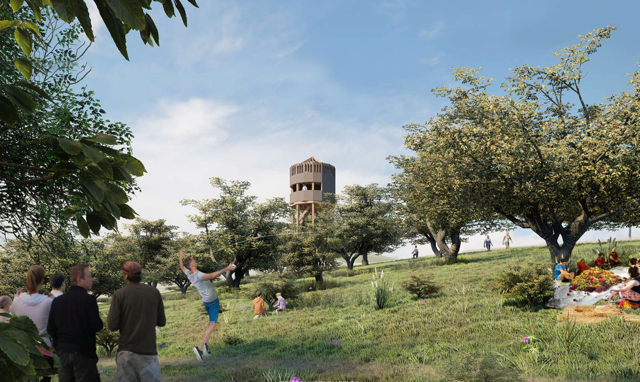
Call for entries: Deniz Villaları – Ecological Crossings
We’re delighted to announce our partnership with the Institut français de Turquie and the Goethe-Institut Türkei in their call for…
Image credits: Imbizo Ka Mafavuke, 2017 – Uriel Orlow
Published on 28 January 2019
On March 7, 8 and 9, a series of workshops, performances and conferences will be organized at the Swiss Cultural Center around the theme “Seeds and Soils”.
The definition of culture was established with the work of the land and marks an important milestone in the history of human relationships with nature. Faced with the degradation of biodiversity, the privatization of grain, pollution and climate change, diversifying forms of agriculture, finding other ways of using resources, rediscovering forgotten knowledge or using the possibilities of digitization in other ways are urgent requirements for society, technology and politics. Many artists, researchers, architects or designers are looking into these issues, using various methods, subversive and visionary.
Program :
Thursday 07.03, 20h
The adobe architecture:
Building with clay has been practiced in various ways over the last millennia: clay is available almost everywhere in the world and can be processed without the use of tools or machines. With the global changes of the last century, however, industrially manufactured materials have increasingly replaced clay. Today, the issue of sustainability is once again bringing building materials to the forefront. In his research as in his practice, Roger Boltshauser explores the potential of the earth and thus contributes to the generalization of the adobe construction process.
Friday 08.03
Open Soil Research:
1pm: Humus Sapiens: Soil analysis workshop with Julian Chollet, molecular biologist, member of the Hackteria network, founder of mikroBIOMIK.org and researcher at the Bauhaus University Weimar.
5pm: Lecture and round table: Julian Chollet (Humus Sapiens), Yvonne Volkart (Institute of Aesthetic Practice and Theory IAeP, FHNW, Basel), Pedro Wirz (artist), Uriel Orlow (artist) – moderation Antonia von Schöning (University of Basel).
Artists, researchers and scientists discuss the knowledge around soils according to various approaches, from the most empirical to the most technological.
8 p.m.: Screening of Wild Plants (108′) by Nicolas Humbert
Wild Plants shows plants seeding wastelands, taking over vacant lots and transforming them into new living spaces. Wild Plants shows urban gardeners in the ghost town of Detroit, the ceremonial uses of plants on the Pine Ridge Indian Reservation, the Jardins de Cocagne cooperative in Geneva, and the wild plantings of a Zurich “Guerilla Gardener. Screening followed by a discussion with Nicolas Humbert.
Saturday, 09.03
10 am: Reto Pulfer, Ipomoea baignoirensis, (trans)plantation performance.
11am-1pm: Jens Hauser (researcher and curator) and Emanuele Coccia (EHESS)
14h-16h : Performances and presentations by Aline Veillat and the Coyote Collective, debate with Loïc Fel, co-founder of COAL
4pm: Screening of Theatrum Botanicum (60′) by Uriel Orlow
Uriel Orlow presents films from his project Theatrum Botanicum, in which he considers the botanical world as a stage for politics in general. Adopting the double point of view of Africa and Europe, the film presents plants as witnesses and actors in history, as dynamic agents linking nature and humans, rural and cosmopolitan medicine, tradition and modernity, through different geographies and knowledge systems.
“Seeds and Soils”
March 7 – March 9, 2019
Swiss Cultural Center, 38 rue des Francs-Bourgeois, 75003 Paris
For more information: https://ccsparis.com
Photo credit: Wild Plants © Nicolas Humbert
We’re delighted to announce our partnership with the Institut français de Turquie and the Goethe-Institut Türkei in their call for…
Since 2022, as part of the Pays de l’Arbresle’s “Les murmures du Temps” art trail, Thierry Boutonnier has been sending…
Since 2022, as part of the Pays de l’Arbresle’s “Les murmures du Temps” art trail, Thierry Boutonnier has been sending…

